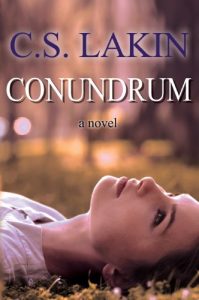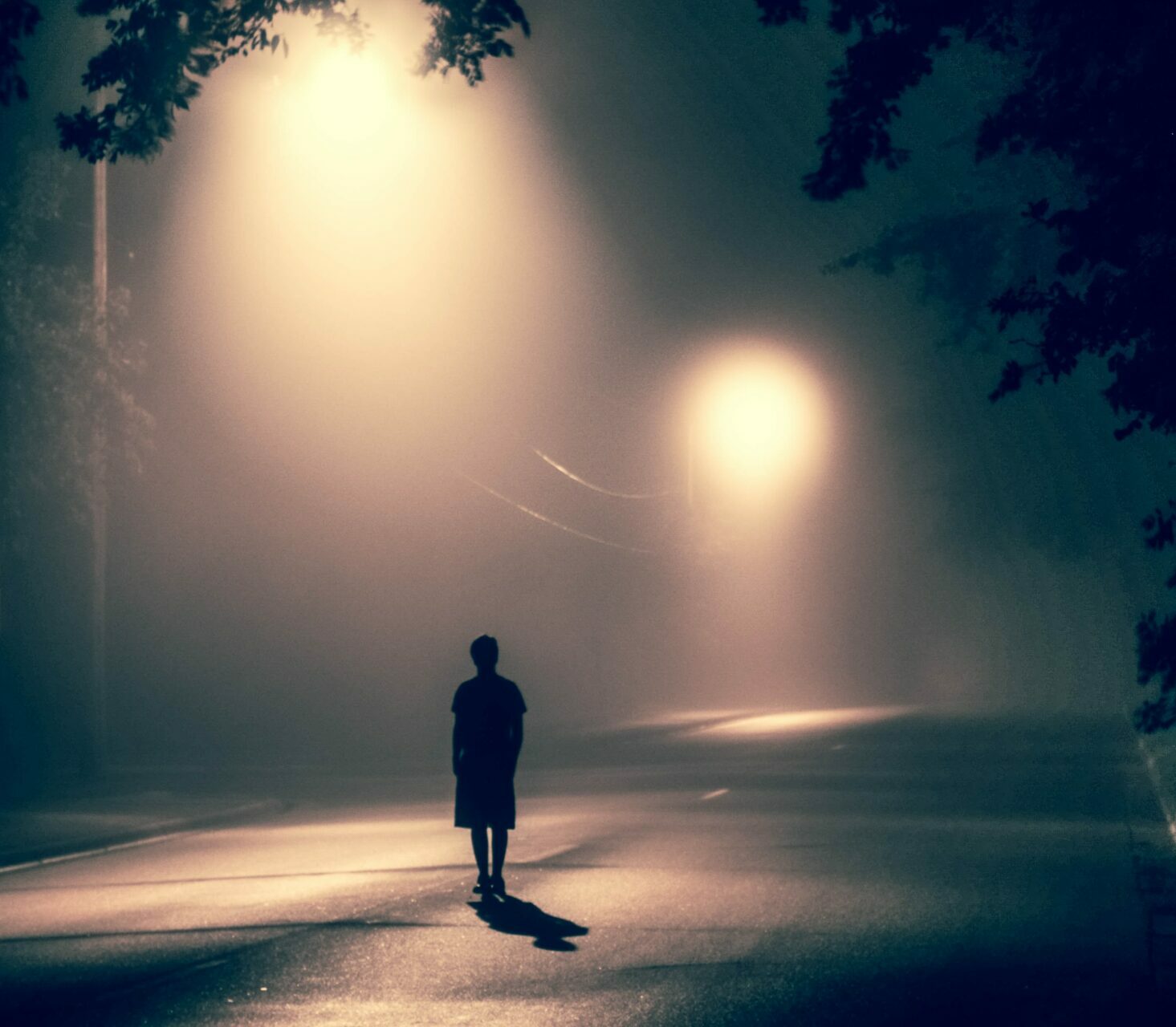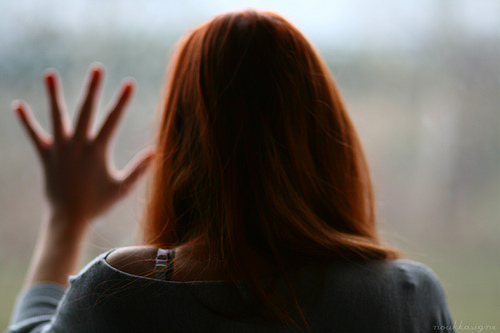Writing about Difficult Emotional Experiences
Writing novels can take us on a heavy emotional journey, depending on what we’re writing about and why. Certainly memoirs do too. While no one holds a gun to our heads (one hopes!) to force us into writing about painful things, sometimes our souls subtly prompt us in order for healing to take place.
These are some of my thoughts that I had when writing my novel Conundrum, which forced me to delve deeply into personal trauma. I hadn’t wanted to write this novel, but I had a dream. Two actually.
You may pooh-pooh such “spiritual” or divine events, but if you’ve ever had one, you’ll agree it’s hard to discount them. These “visions” seem ultra-real. And these dreams were not just vivid—they gave me the title, themes, characters, storyline, and first chapter of my novel. I felt a strong compulsion and need to write the novel, even though I didn’t want to.
As I stared down the imposing novel I was attempting to write, Conundrum, I wielded my vorpal sword in hand. Snicker-snack it went, one two!…oh wait, that’s used to fight the Jabberwock, my son … “Jabberwocky” and many other poems found their home in my new novel, an unravelling mystery based upon the bizarre tailings of my father’s death in 1961. Usually I have no problem plowing through my index cards of scenes, progressing steadily to the finish. But this work was an unruly child, full of deceit and intent on pain.So, I took it slowly. My past response to trauma and conflict in my family had always been stupor. After a big fight, all I could do was curl up in a small dark space and sleep. My mind would go numb, and I found it difficult to think of anything at all.
I encountered this strange haze I had to fight to write this book. Not only was it huge in scope, theme, and plot, but my heart goal was to explore betrayal, of which I am the foremost expert (I say with undaunted confidence), and somehow make this story resound in grace and redemption.
 I think I’ve grown beyond anger and the desire to retaliate. I think I’ve been blessed with a forgiving spirit, in answer to my prayers. I didn’t choose to write that book. I really wanted to get back to talking pigs and hoptoads (as found in my seven-book fantasy series, The Gates of Heaven), but God laughed at my plans, as the saying goes.
I think I’ve grown beyond anger and the desire to retaliate. I think I’ve been blessed with a forgiving spirit, in answer to my prayers. I didn’t choose to write that book. I really wanted to get back to talking pigs and hoptoads (as found in my seven-book fantasy series, The Gates of Heaven), but God laughed at my plans, as the saying goes.
Conundrums are brain teasers, puzzles. My brothers and I spent years quizzing and challenging each other to solve these strange scenarios that made no sense. Clearly, I couldn’t have picked a more apropos title for the insoluble mystery surrounding my father’s death.
For how can someone just decide one day to die, and give himself leukemia? But that is one of the stories I was told after my father died at age 33, leaving my mother to raise three small children. I was later told he—a mathematician at Lockheed—had for some reason volunteered for a dangerous experiment. Supposedly others in his department had volunteered and they all died shortly thereafter of leukemia.
It wasn’t until a couple of years ago, circa 2019, that I learned–to my shock–that my father had no doubt been exposed to radiation (gobs of it) at the site of THE worst nuclear plant “meltdown” in history. And the secret and the thousands of resultant deaths were covered up for decades. There have been subsequent movies, news specials, and documentaries on this, and children living in that area of Los Angeles are still being born with birth defects. Sixty years later.
Back when I worked on Conundrum, in 2009, I started questioning and researching. Which led me to reconnect with my uncle—my father’s only blood brother—to learn more. He never heard of such an experiment and was close to my father. He sent me an enigmatic letter my dad had written before he died, revealing that the fairy-tale marriage between my parents was a sham and a cause of great pain for him.
I turned this personal history into a mystery that has no clear answers, because real life is usually like that. Everyone in this book either lies or has been lied to. And although my protagonist wants to save her suicidal brother with truth from their past, she finds she can only save herself, and by the skin of her teeth.
So, this inner and outer journey blurred the line of truth for me as I wove fact into fiction. I doubt I will ever know the truth in this life. Perhaps, though, my novel will help others who have been betrayed by their family, reveal something about bipolar depression, and bring something redemptive out the ashes of my own pain.
I’ve talked with others who have found healing and peace through the exploration of putting their story into words. My books have always taught me many important things and often serve a s a mirror to my viewpoint and imperfections. When writing The Map Across Time, I was startled when I realized Adin and Aletha, twins, together made up the aspects of my whole personality but apart reflected the disjointedness I often suffered. The eyes of my heart are often enlightened as I write. Or afterward. My hope is that all writers experience such growth and insight as they tell their stories.
What have you emotionally experienced while writing your fictional stories? Does the experience ever teach you things about yourself? Share in the comments.
Featured Photo by Atharva Tulsi on Unsplash







